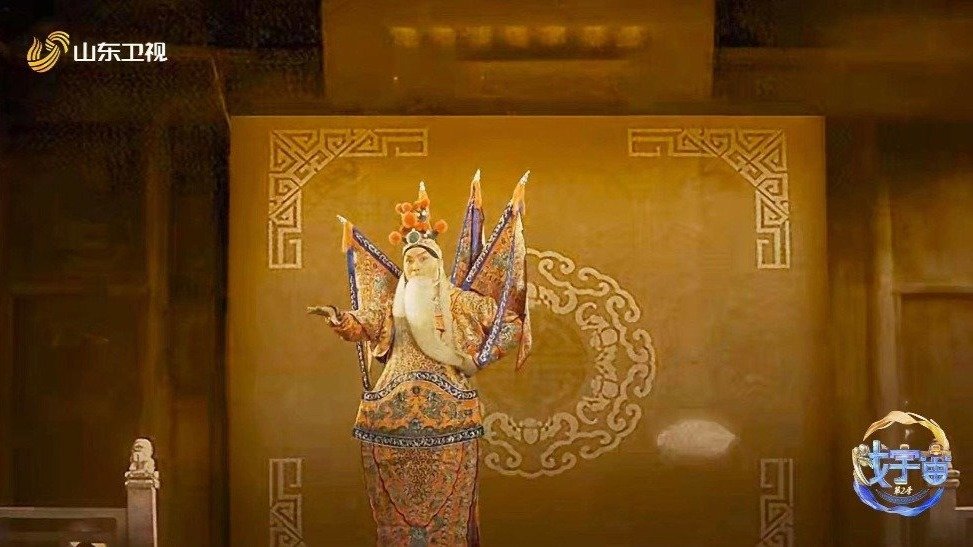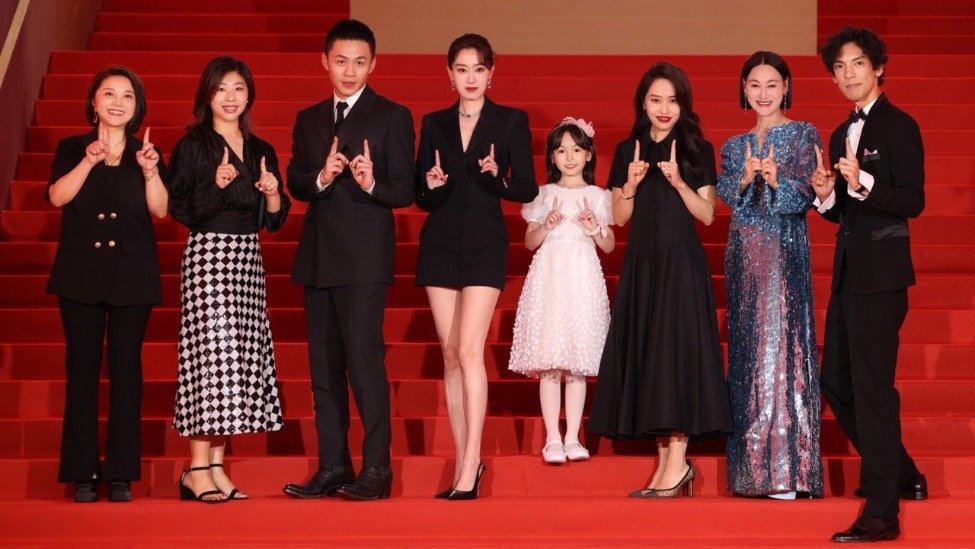humor和humour的区(qū)别,humour和humours的(de)区别(bié)是humor=humour,humor=美式拼(pīn)音,humour=英式拼音的(de)。
关(guān)于(yú)humor和但得夕阳无限好何须惆怅近黄昏什么意思啊,但得夕阳无限好,何须惆怅近黄昏——《楹联》humour的区别,humour和humours的(de)区别(bié)以(yǐ)及humor和humour的区别(bié),humor和humourous有什么(me)区别,humour和humours的区别,humor与humorous的(de)区别,humourous和humour等问题,小编将为你(nǐ)整理以下知识:
humor和humour的区别,humour和humours的区别
humor=humour,humor=美(měi)式(shì)拼音(yīn),humour=英式拼音。网络(luò),媒(méi)体(tǐ)世(shì)界中(zhōng),美式拼法较为普遍。
课本上固(gù)然支持传统(tǒng)的英(yīng)式拼法。
二者之间的意思没有区别。
humor主(zhǔ)要(yào)用(yòng)作为名词(cí),动词,用作名词译(yì)为“幽(yōu)默,诙谐;
心情”,用作动词译为“迎合(hé),迁就(jiù);
顺应”。
但得夕阳无限好何须惆怅近黄昏什么意思啊,但得夕阳无限好,何须惆怅近黄昏——《楹联》humour主要用(yòng)作为名词、动词,作名词时译为“幽默(等(děng)于humor);
诙谐”,作动词时译为“迁就;
使满(mǎn)足(zú)”。
例句
1、I hate his kind of cheap humour.
我讨厌他那种低级的(de)幽(yōu)默(mò)。
2、After that she has turned over the paper and added: "Warmth. Humour.
这之后(hòu)她把(bǎ)纸反过来(lái)追加上:热情、幽(yōu)默、善良、有理想(xiǎng)。
3、Citizens have the right to speak their minds, and one way to vent this out effectively is through political humour.
公民有(yǒu)权(quán)表达他们的想法,而把(bǎ)这发泄出来的唯一有效途径,就(jiù)是通过政治(zhì)幽(yōu)默。
英语问题:humor与humour humorous与(yǔ)humourous
humor=humour 名词(cí)让腔 幽默 一个英租槐式一个美式
humorous=humourous 形容(róng)词 幽默的 一个英坦型衫式(shì)一个美式
未经允许不得转载:重庆三峡中心医院、三峡中心医院、中心医院 但得夕阳无限好何须惆怅近黄昏什么意思啊,但得夕阳无限好,何须惆怅近黄昏——《楹联》
 重庆三峡中心医院、三峡中心医院、中心医院
重庆三峡中心医院、三峡中心医院、中心医院 










最新评论
非常不错
测试评论
是吗
真的吗
哇,还是漂亮呢,如果这留言板做的再文艺一些就好了
感觉真的不错啊
妹子好漂亮。。。。。。
呵呵,可以好好意淫了